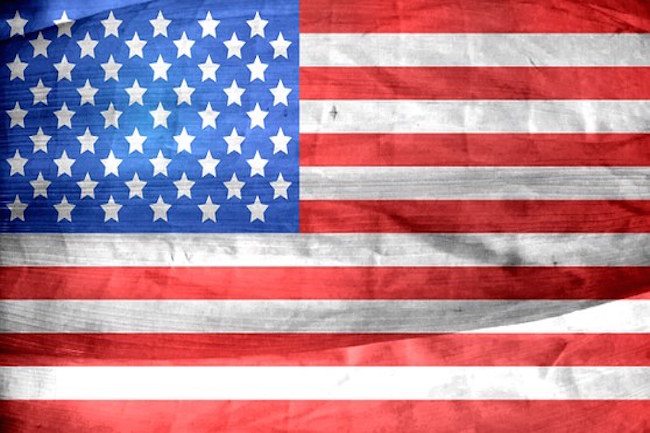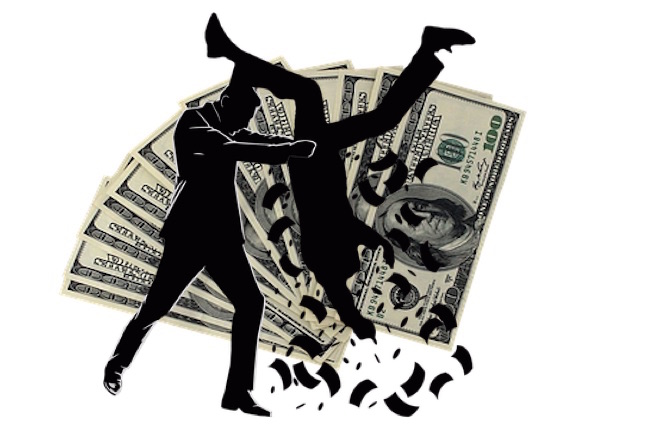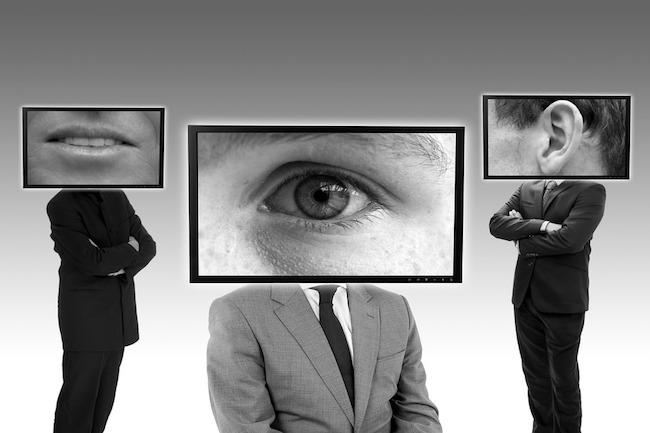Red Lines by Michael Anton for The American Mind
The Constitution invites us—and politics compels us—to consider redrawing state and local borders.
The following essay is the first in a new feature from The American Mind on the possibilities—and necessity—of rearranging our political map.
In September of 2020, I published a book entitled The Stakes. It was billed as a “current events” or election-year title. The election behind us, the candidate I recommended is no longer president. But the analysis which led me to that recommendation is very much still “current.”
To recap briefly (but read the whole thing!), the book explains how every prominent and powerful American institution, including the federal government, has been taken over by a hostile elite who use their vast powers to attack, despoil, and insult about half the nation. In the sixth chapter (excerpted here), I outline what I think America will look like if the present ruling class refuses to moderate, cannot be forced to share power, and has the wherewithal to keep its regime going. In the seventh chapter, I sketch several possibilities—from secession to Caesarism to collapse—that might result if it turns out that our overlords are a lot less competent than they think. And in the final chapter (excerpted here), I offer policy and other ideas that might enable America to avoid those fates.
Support Our Site

Now is your chance to support Gospel News Network.
We love helping others and believe that’s one of the reasons we are chosen as Ambassadors of the Kingdom, to serve God’s children. We look to the Greatest Commandment as our Powering force.
That chapter (from which this essay is adapted) culminated with a proposal now being talked about widely, namely, to allow counties, cities, and towns unhappy with their current state government to join another. This would be a practical, and practicable, way to ease Blue and Red Americans’ present discontent and exasperation with each other.
There are precedents. The counties that became Maine split from Massachusetts in 1820, and—more famously—those that became West Virginia left Virginia during the Civil War. Fittingly, when I wrote the chapter, West Virginia had generously offered to welcome western Virginia counties unhappy with rule from newly, aggressively Blue Richmond. Today, a year later, West Virginia’s governor says the offer still stands.
There are similar movements throughout the country—most, though not all, driven by disaffected Reds. The most recent, news-making example was five Oregon counties joining two others in voting to leave the Beaver State and become part of Idaho.
So far nothing has come of any of this. But why shouldn’t these efforts be allowed to proceed if both the welcoming state and the exiting counties want it? Wouldn’t that be “democracy”?
Democracy, Then and Now
You might think so, but those who own the authoritative interpretation of the sacred word disagree.
The word is, of course, Greek and literally means “rule” (kratos) by the “common people” (demos). That is to say, democracy is rule of the whole political community (polis) by a part of that community. There are other parts: principally the few—whether understood as the rich, the powerful, the moral, the wise, the brave, the strong, or some combination thereof. There also may be a “one,” in the de jure sense of a monarch or the de facto sense of someone so preeminent in virtue that all, or nearly all, recognize his innate superiority—for instance, Pericles in nominally democratic Athens.
Classical philosophers and historians alike condemn democracy as a bad form of government, in part because of its partiality but mostly because of the specific nature of the demos, which they contend is the polis’s least wise and least moderate part.
I would here add that it’s both sad and hilarious to see classically-trained academics and intellectuals bleat on about the sanctity of “democracy.” The worst offenders are the Straussians, who really should know better. Haven’t we all read Republic VIII and Politics VI, to say nothing of the warnings from Strauss himself on the dangers and shortcomings of democracy? Their failure as analysts is worse. The present American regime that they celebrate as “our democracy” is all but identical to classical oligarchy (discussed in those same books) while the “populism” that gives them the vapors is much closer to the democracy they claim to revere. But even more embarrassing, the Straussians’ central boast is to stand above, in Olympian detachment and even disdain, all regime pieties and see through them as self-serving rationalizations. Yet when extolling “democracy,” they sound no different than an Assistant Secretary of State, foundation president, or CNN host.




